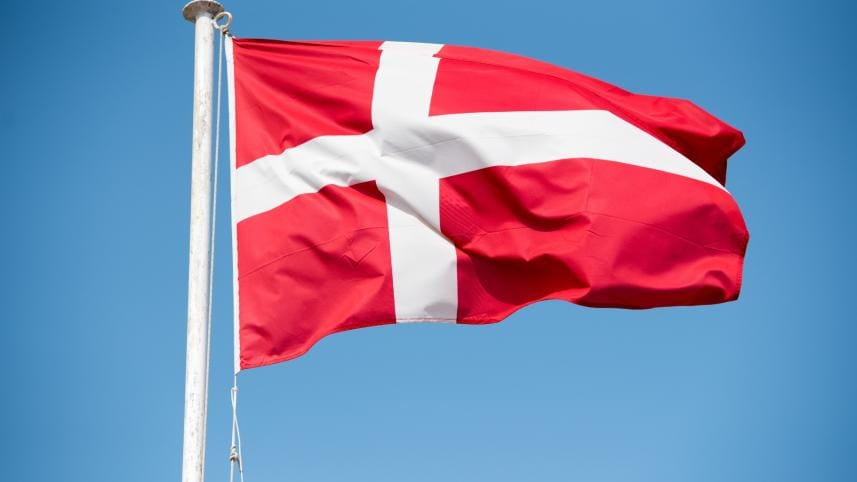Denmark to tighten student visa rules for Bangladeshis

In a notice issued on September 19, Denmark's Ministry of Immigration and Integration said that its government is "launching initiatives to prevent abuse of study stays". As per the ministry, the new policies and initiatives will make it significantly more difficult for citizens from countries like Bangladesh and Nepal to be admitted to universities in Denmark if they lack the right academic qualifications. As part of these measures, the government will also limit international students' ability to bring family members or dependents and cut the post-study work permit from three years to just one.
"Unfortunately, the curriculum has been exploited as a backdoor to the Danish labour market. We are now taking action against this. We have seen a huge increase in recent years in students and accompanying families from Bangladesh and Nepal in particular," read a statement by Denmark's then Minister of Immigration and Integration Kaare Dybvad Bek, who was replaced just days after the decision by Rasmus Stoklund.
"We know that students from these two countries have a higher dropout rate than other foreigners, and that there are challenges with their academic and language levels. At the same time, they work more than other foreign students, and to a much greater extent, this is unskilled work. When you come to Denmark on a curriculum, the main purpose should of course be to study."
Data shared by the Ministry of Immigration and Integration in the notice shows that between 2022 and 2024, only one percent of residence permits for Chinese students and two percent for US students were linked to accompanying family members. Compared to that, the figures were much higher for Nepal and Bangladesh, at 74 percent and 58 percent, respectively.
According to a recent survey by Christina Egelund, Minister of Higher Education and Science of Denmark, which examined Nepali and Bangladeshi students at eight Danish universities, Aarhus University—home to the largest group of Bangladeshi students—found that nearly one-third of them "do not appear study-oriented" and seem more motivated by the prospect of staying in Denmark.
The survey also revealed that Bangladeshi students at Aarhus had a first-year dropout rate of 13 percent in 2023 and 2024, compared with just four percent among other international students. It further noted that 14 to 25 percent of Bangladeshi students who registered for exams did not show up, against five to six percent for others, while their pass rate stood at 55 to 65 percent—significantly lower than the roughly 90 percent recorded for other nationalities.
In the notice issued on September 19, Egelund says, "Study stays should be for those who want to study. Not for those who abuse the rules and use the study stay as a backdoor to the Danish labour market. Through our study programmes, we bring talented international students to the country every year, which is a great gain – we must not waste that. That is why we take targeted and effective action to prevent cheating. Our initiatives are based on a solid foundation of knowledge, and we intervene where it makes a difference – without closing the door to all talented students who want to complete an education in the country."
Following the allegations against Bangladeshi students in Denmark, the Bangladesh Embassy in Copenhagen issued a formal statement on September 25, where it noted that the embassy is aware of the recent developments. The statement also noted that the embassy is in contact with the concerned authorities and is working to make sure that Bangladeshi students currently in Denmark do not have to face any problems or discrimination.
References:
1. Ministry of Immigration and Integration, Denmark (September 19, 2025). Government launches initiatives to prevent abuse of study stays.
2. Omnibus, Aarhus University (August 26, 2025). Universities in new report: Students from Bangladesh struggle academically and receive lower grades.



 For all latest news, follow The Daily Star's Google News channel.
For all latest news, follow The Daily Star's Google News channel.
Comments